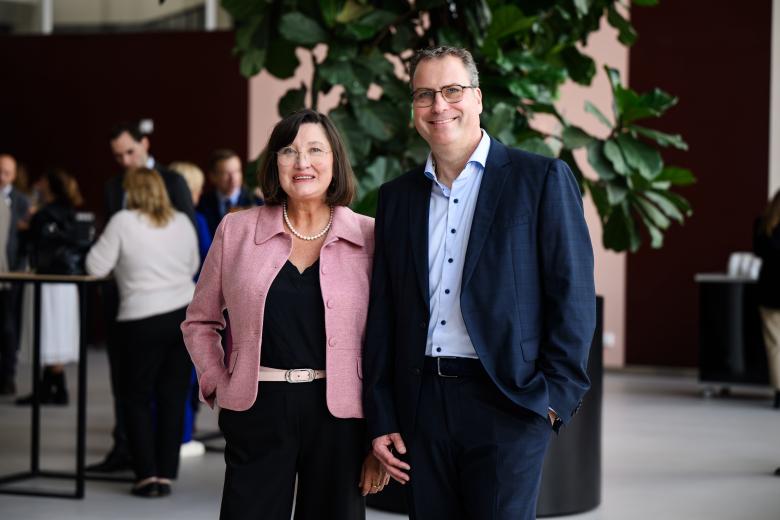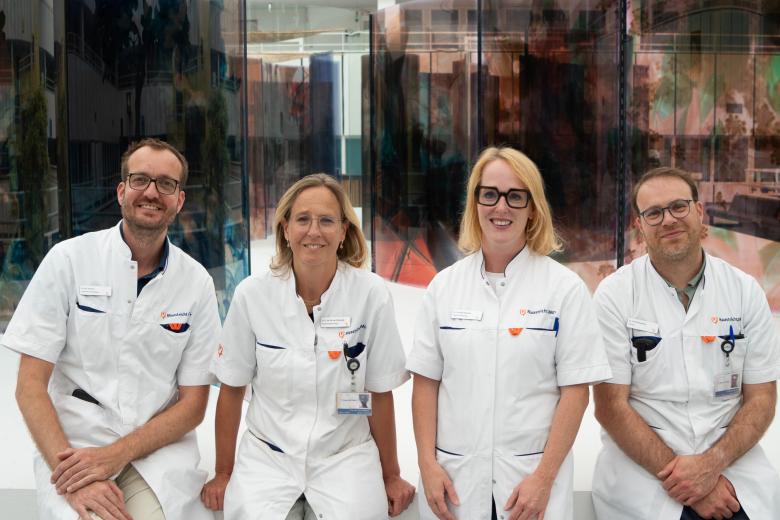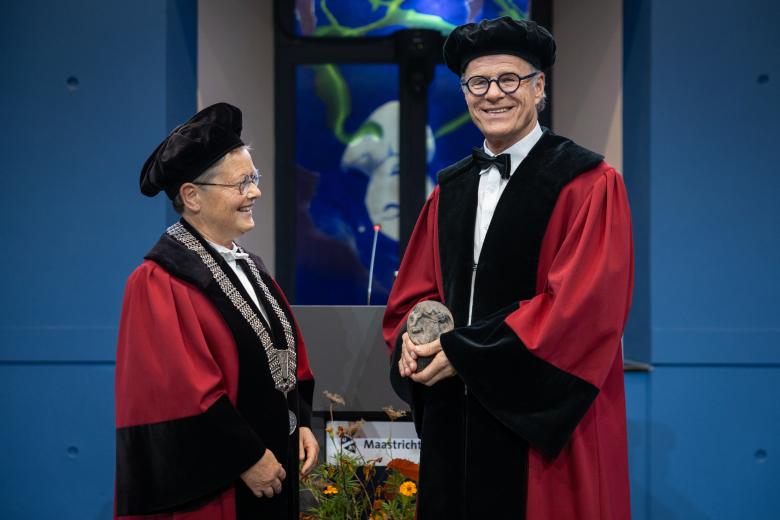New worldwide repository for Biomaterial Transcriptiomics available
Researchers at the MERLN Institute for regenerative medicine launched a new worldwide research database for biomaterials, called the Compendium for Biomaterial Transcriptomics (cBiT). It is their goal to quickly expand cBiT with new biomaterial data, generated not only in MERLN but also in institutions all over the world. They invite researchers to contribute to cBiT by either depositing their own data, or providing biomaterials that have clinical potential which they will proceed to investigate and incorporate into cBiT.
Dr. Dennie Hebels, project manager of cBiT is excited: “By becoming the go-to resource for biomaterial-associated data, we expect to make a major contribution to a more efficient development of new and better materials that show an improved integration in the human body”.
Hebels explains: “At the MERLN Institute, we work on the development of novel and breakthrough technologies to advance the field of repair and regeneration of both tissues and functional organs. The design of new biomaterials that can interact with living systems is one of our key points of interest. However, figuring out how to create biomaterials that are suited for clinical application is still hampered by a lack of understanding of the interaction between a cell and the biomaterial surface it grows on. This surface communication can strongly impact cellular properties such as its shape, attachment, proliferation and differentiation, which in turn affects the chances of a successful integration of a material into the host tissue.
In the department of Cell Biology-Inspired Tissue Engineering (cBITE), part of MERLN, we want to understand what happens in the cell when it interacts with a biomaterial and which factors influence this. To advance our knowledge we use an interdisciplinary approach encompassing cell biology, materials science and computational sciences. More specifically, we use two main techniques: transcriptomics analysis, which determines the activity of all genes in the cell in one single experiment, and material characterisation, which measures an extensive list of physical, chemical, and mechanical properties of the biomaterial. We can now deposit all these data in our publically accessible repository cBiT available at https://cbit.maastrichtuniversity.nl.
It is for the first time that such a valuable combination of data is available for download in one central location. It is our goal to quickly expand cBiT with new data, generated not only in MERLN but also in institutions all over the world.”
Also read
-
WHO designates two CAPHRI centres as new Collaborating Centres for Public Health Leadership and Workforce Development
With these centres, WHO wants to advance the professionalisation and competencies of the public health workforce.

-
From research to improvements in patient care: Translate2Clinic Fellowship
Four medical specialists translate fundamental research into improvements for patients.

-
Professor Frederik-Jan van Schooten receives MUMC+ honorary medal
Frederik-Jan receives the medal for his exceptional contributions to early detection of diseases and a safer living environment.
